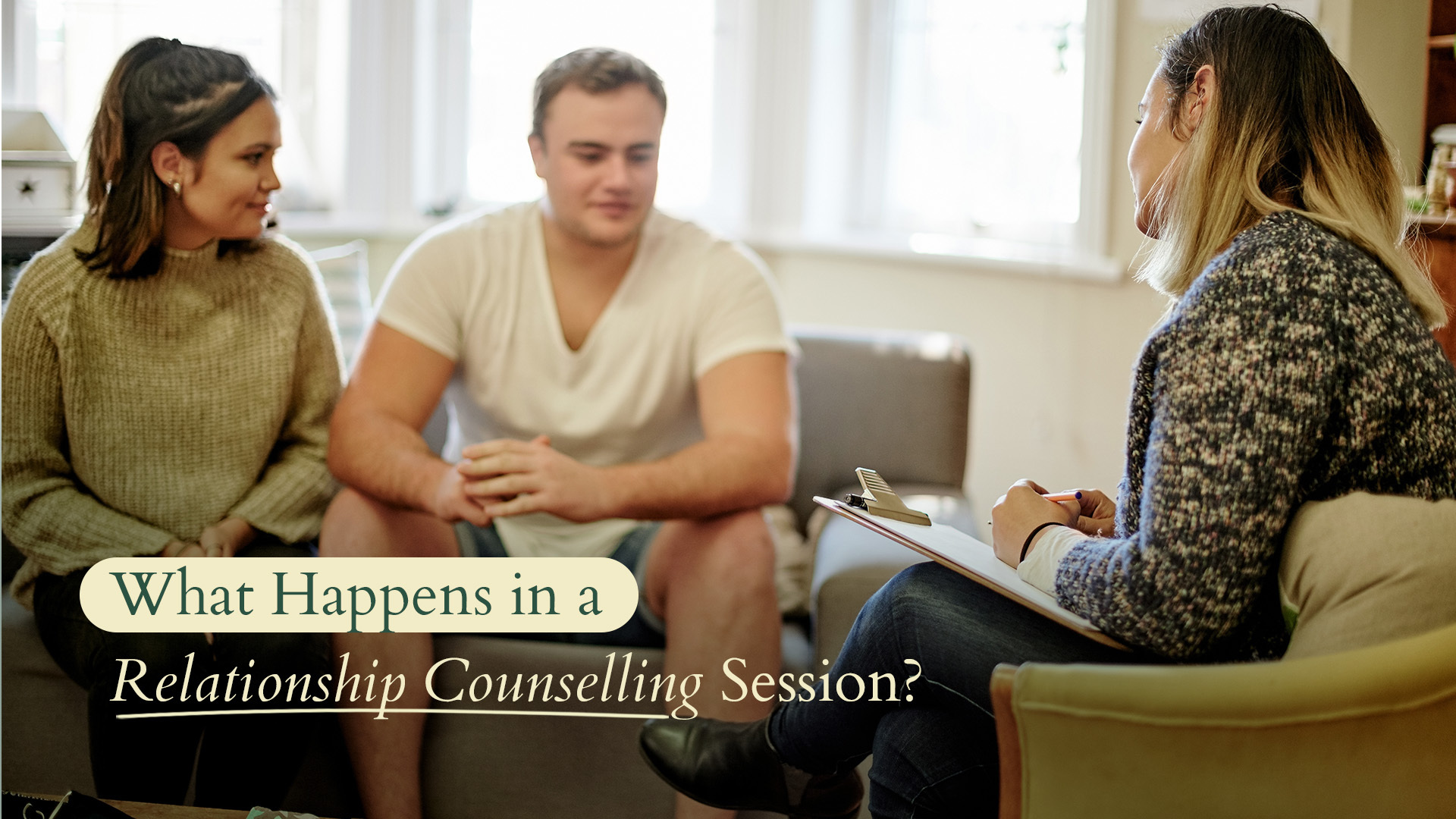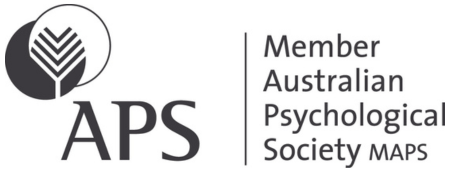

Have you ever found yourself wondering if therapy is for you, or considering whether you might benefit from therapy? But you’re just not sure if your situation ‘qualifies’ or is ‘good enough’ for therapy? You’re not alone. Many individuals experience emotional or mental challenges and question whether seeking help through therapy is the right step. Therapy isn’t just for times of crisis, it can be a proactive step towards a better wellbeing.
In fact, many individuals believe their struggles aren’t ‘serious enough’ for therapy but therapy isn’t about having something wrong or being in an emergency, it’s about giving yourself the space to grow, heal, and thrive. Therapy can be helpful for anyone and can assist in greater self-awareness, improved relationships, and a more balanced life. At PsychologyCare we offer a supportive space where our experienced therapists help you explore what’s on your mind. You don’t need to wait for things to get worse before you start feeling better. Here are six signs you might benefit from therapy, and how we can support you at PsychologyCare.
Here are six common signs that might indicate it’s time to consider talking to a therapist.
Feeling like you’re always “on edge” or mentally drained can be a sign that your nervous system is overloaded. You might feel like you’re juggling too much, struggling to switch off, or snapping at things that wouldn’t normally bother you.
For example: You find yourself lying awake at night running through to-do lists, or feeling exhausted before the day has even begun.
How therapy can help: A psychologist can support you in identifying stress triggers, developing coping tools, and finding ways to create more balance and calm in your life.
If everyday tasks feel overwhelming or harder than usual, it could be a sign that your mental wellbeing needs attention. This might look like avoiding responsibilities, procrastinating, or feeling emotionally numb.
For example: You used to manage work, errands, and social plans with ease, but now just getting through the day feels like a struggle.
How therapy can help: Therapy offers a space to unpack what’s going on beneath the surface, while working together to rebuild motivation, structure and support.
Significant changes in your sleeping or eating habits, whether you’re sleeping too much, struggling with insomnia, or experiencing shifts in appetite can be connected to stress, anxiety or low mood.
For example: You’ve lost interest in food, or find yourself eating for comfort late at night. Or perhaps you’re constantly tired, even after a full night’s sleep.
How therapy can help: A psychologist can help you explore what’s contributing to these changes and work with you to gently restore balance in your daily rhythms.
Whether it’s conflict with a partner, feeling distant from friends, or withdrawing from others altogether, challenges in relationships are often tied to our inner emotional world.
For example: You notice recurring patterns in arguments, or feel disconnected from people you care about, even if you don’t fully understand why.
How therapy can help: Therapy can help you understand relationship dynamics, improve communication, and strengthen your sense of connection with others.
Sometimes experiences from the past continue to shape our present through flashbacks, emotional triggers, or a constant sense of being “on guard.”
For example: Certain situations or people bring up intense reactions that feel out of proportion or hard to explain.
How therapy can help: A psychologist can help you process past trauma in a safe, supportive environment, and work with you to reduce its impact on your daily life.
You might not feel deeply sad or anxious, but instead experience a sense of emptiness or being “stuck” in life. This could show up as a lack of motivation, feeling disconnected from your goals, or questioning your direction.
For example: Life looks fine from the outside, but inside you feel flat, uninspired, or like something’s missing.
How therapy can help: Therapy can help you reconnect with your values, uncover what gives your life meaning, and take steps towards a more fulfilling future.
Therapy offers a safe, supportive space to explore your thoughts, emotions, and experiences without judgement. It can help you build healthier coping strategies, improve emotional wellbeing, and develop a deeper understanding of yourself. Whether you’re facing a specific issue or simply feeling off balance, therapy is tailored to your unique needs and goals, helping you move forward with greater clarity and confidence. Resources like Beyond Blue also offer helpful information if you’re unsure where to start.
If you are experiencing any of the 6 signs mentioned above, it’s important to consider therapy and at PsychologyCare we can guide you to getting back on track.
There’s no perfect time to start therapy, and you don’t need to wait until things feel unmanageable. If any of these signs resonate with you, it’s worth reaching out to us for the benefit of your mental wellbeing. Remember that therapy isn’t about something being necessarily ‘wrong’, it’s about taking care of yourself and prioritising your health. Taking that first step is a sign of strength, not weakness, and it’s time to choose to care for your mental health and start your journey towards feeling better.
You don’t have to face things alone. At PsychologyCare, we’re here to support you with compassion, expertise, and personalised care. Whether you’re navigating a tough time or simply want to understand yourself better, at PsychologyCare we can make a real difference.
Book your appointment today and start moving towards a calmer, more connected version of yourself.
Contact us by clicking the hyper link above that takes you to our ‘contact page’ or contact us by phone: (07) 5612 5091, or email: admin@psychologycare.com.










